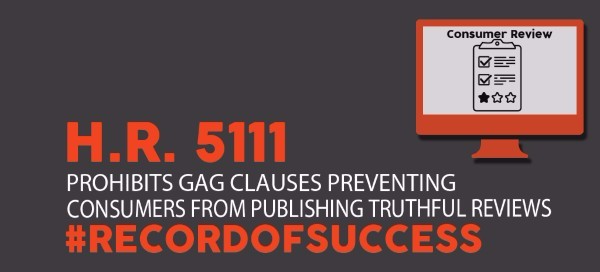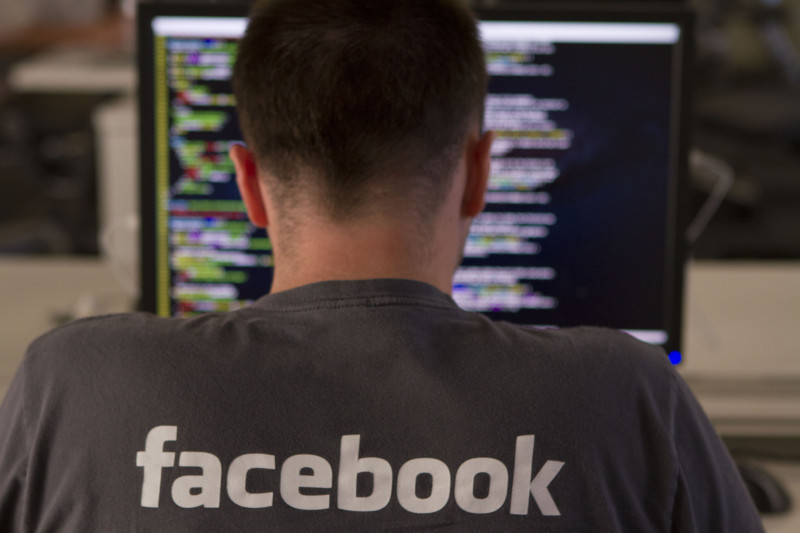Highlights
- Net neutrality will take over the Internet this week. We explain.
- Court ruling: Facebook (and others) can track you on other site
- Zillow backs down in test of Consumer Review Fairness Act
We told you in May about the looming Net Neutrality battle. It’s here and kicks into high gear Wednesday when giant Internet companies begin their consumer-focused campaign.
Companies that sell you Internet service like Verizon, Comcast, and others are required to treat all Internet traffic the same. They can’t favor one company over another or slow down a competitor’s website. That kind of interference was common until an FCC rule prohibited such behavior.
The FCC announced plans to eliminate this provision of the regulation as part of a White House business-friendly platform. Just about everyone using the Internet is affected in some way.
Here is an early look at the Save the Open Internet website that will be heavily promoted all week. You can get a quick overview of the issue and even directly connect to the FCC to leave your comments.
Learn More Fast: Recode is quoting Internet Association direction Michael Beckerman, “The FCC’s looking for comments here. They hear the comments.”‘
The Consumer Fairness Review Act is a relatively new law that makes it illegal for organizations to try to prevent people from posting honest reviews about a product or customer service online. Contract provisions, including terms of service, that allow for a penalty or similar issues are not allowed.
President Obama signed this bipartisan bill into law in December. We’re telling you about it now because real estate giant Zillow threatened a one person blog that goes by the fun name of McMansion Hell.
Zillow wanted the blogger to stop using images from its site and threatened legal action. The new CFRA legislation and fair use guidelines allowed the Electronic Frontier Foundation to fight back and win one for the much smaller website.
Why you need to know this: The FTC says, “The law protects a broad variety of honest consumer assessments, including online reviews, social media posts, uploaded photos, videos, etc. And it doesn’t just cover product reviews. It also applies to consumer evaluations of a company’s customer service.” Read their guidance for businesses.
A California judge has ruled for the second time in two years that Facebook is not violating consumer privacy by tracking user browsing activity on other websites.
The court found that the plaintiffs had no reasonable expectation of privacy without using tools for that purpose and that they had not suffered financial harm.
The big deal: No reasonable expectation of privacy is a very big deal. This puts the onus on consumers to protect their privacy by using tools such as virtual private networks (VPNs), incognito mode on browsers, and similar tactics. And then financial harm has to be addressed. We’ve said this many times: you are often the product if you aren’t required to pay for a service online. Let us know if you’re interested in ways to minimize your online presence, but be aware that doing so means that you’ll lose a lot of your favored settings, stored passwords, and other goodies that all require identification to track your ease-of-use.
Headline Scan
- About 2.4 seconds is what some search engineers have found is an optimal website loading time according to Google tests and best practices.
- Google’s mobile index may first roll out to organizations “that are ready”, and it could happen in 2017.
- A new survey of digital marketers found that 65% of organizations pay at least $12,000 per year for search services not counting social media or advertising. 35% pay $30K-$100K per year.
- Amazon Prime–due for its annual sale Wednesday–now has 79 million accounts and is expected to exceed the number of pay TV customers next year. Amazon Prime Video is looking more important.







